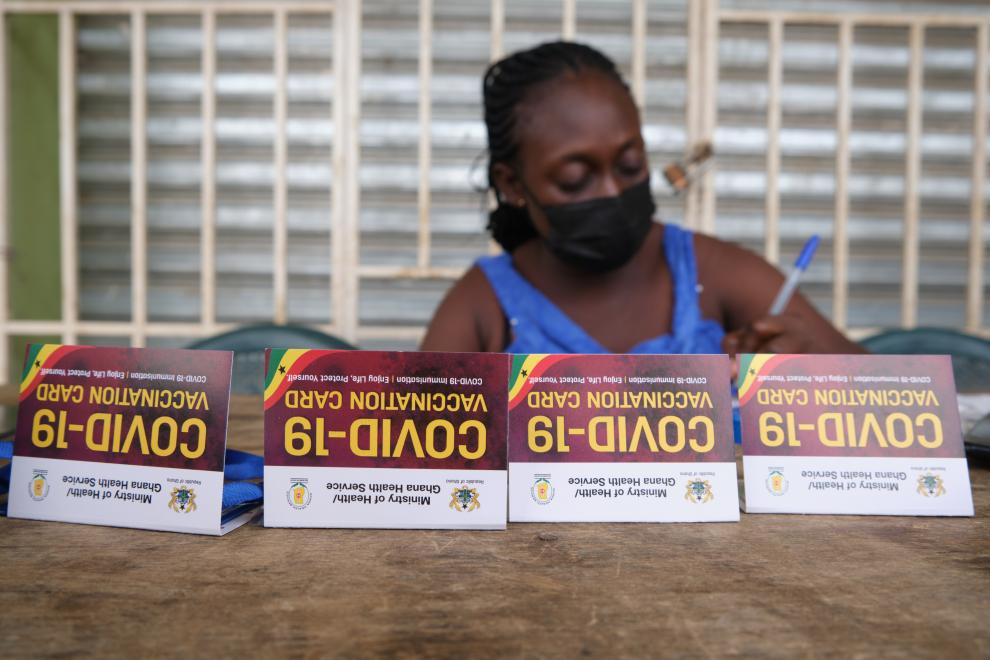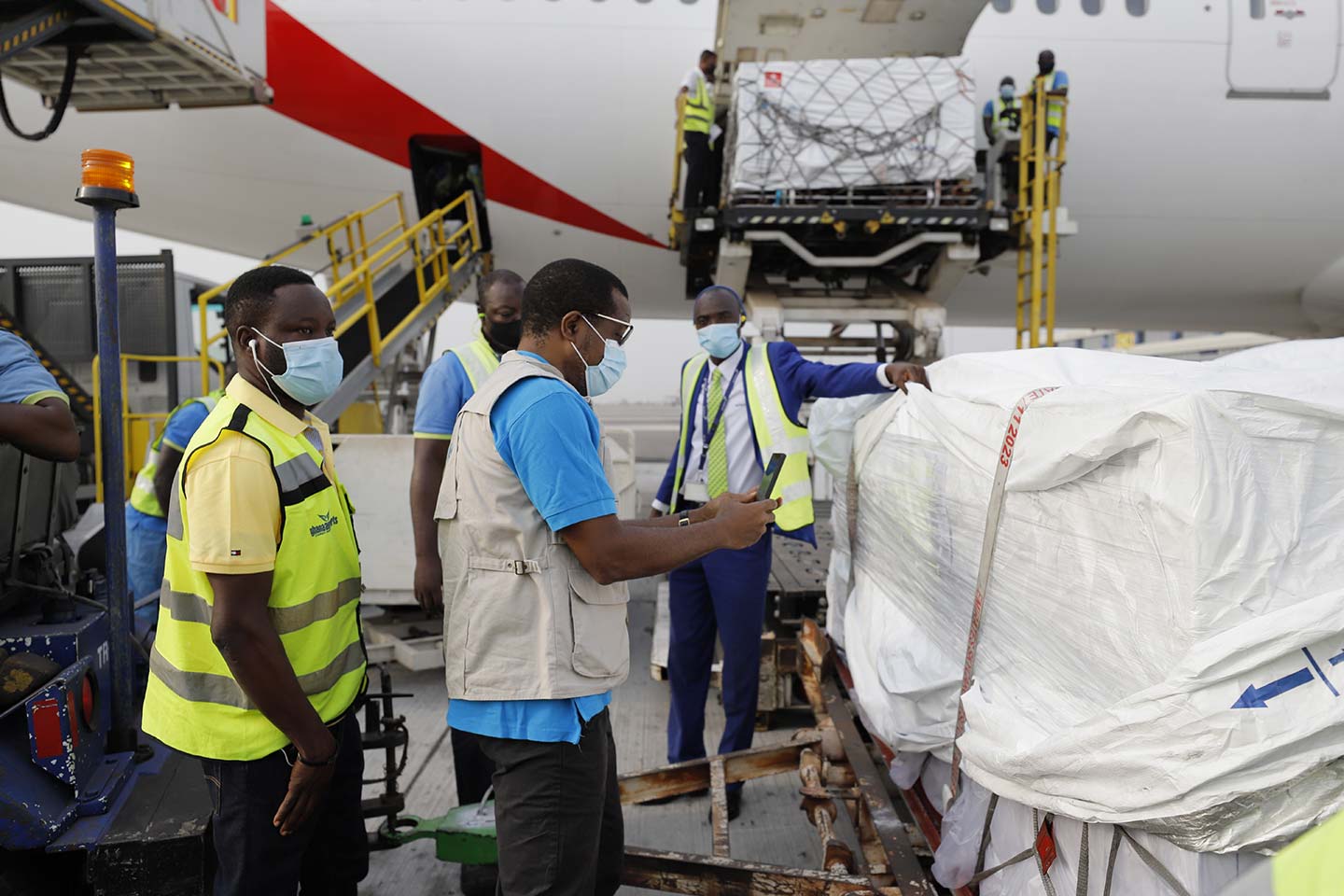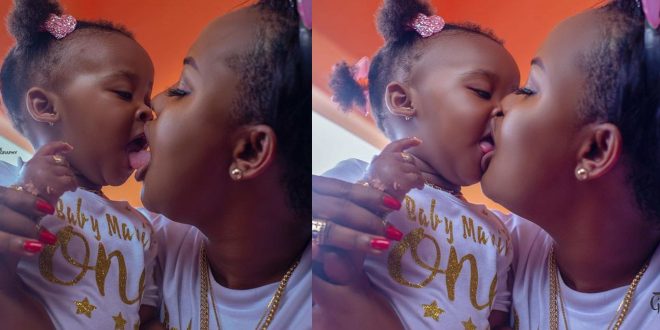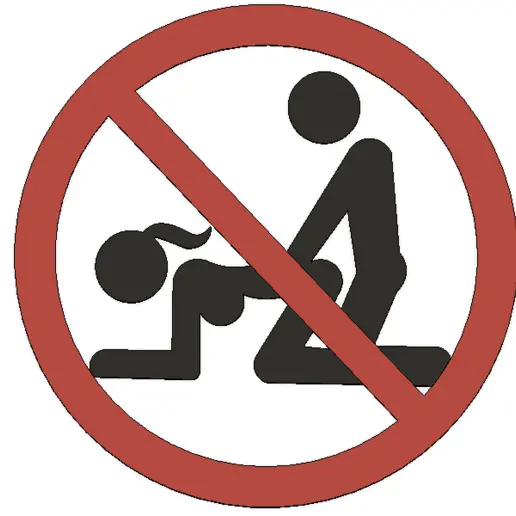The Auditor General’s office released over the weekend, a report on the Government of Ghana’s Covid 19 expenditure over a 25-month period spanning March 2020 – June 2022. This audit was to investigate how monies for mitigation of Covid’s impact on the nation were utilised. The report signed by Auditor General, Johnson Akuamoah Asiedu, and dated December 30, 2022, is addressed to the Speaker of Parliament, and to the Minister of Finance. This is in view of the Auditor General’s legal mandate to audit government expenditure to ensure that government funds are used for their intended purposes.
The report has turned a lot of heads and raised several questions among Ghanaians as to how and why public funds can be and are used the way they are in a nation like Ghana. Like any financial audit, it outlines total funds received by the Government, how those funds were used and makes recommendations on what it may find to be problematic. Between March 2022, when the nation started halting many major public activities like university lectures been called off through to June of last year, a total of GH¢ 21,844,189,185.24 (GH¢ 21.84bn). Of this sum, GH¢ 1,978,483,194 (GH¢ 1.94bn) came from the World Bank Group funds, GH¢5.56bn from the International Monetary Fund (IMF), GH¢10bn from Bank of Ghana Covid 19 Bonds, and GH¢ 569million from the sale of bonds to the EU. Though not the entirety, these make up most of the GH¢ 21.84bn received.
The funds were used in part to directly to fund measures and initiatives taken to address the Covid 19 pandemic, and in part to support national budget within that period.
Where Did The Covid Money Go And Why Are Ghanaians Enraged?
The report suggests that although funds were either spent directly on Covid related expenses or in accordance with what they were duly allocated for, many of these expenses were overblown to ridiculous proportions.
First, there is the most obvious issue of Covid vaccine expenses. The Ministry of Health (MoH) made a purchase of US$ 120,192,379 worth of vaccines. Of this amount, the nation only received US$ 38million worth of vaccines. The other US$ 81.8million worth of vaccines never came, somehow. Put into context, the country has “lost” US$ 81.8million because of “bad business” by our Ministry of Health, in a deal that required a simple purchase of vaccines. Although, the Auditor-General has recommended the MoH renegotiate to recover the money, there’s little hope that this will materialise.
The same MoH also entered into a lease agreement for 25 years at a cost of GH¢ 15.26bn to use a facility in Adaklu as an isolation centre. This deal later incurred an additional GH¢ 20.3bn as the facility was never used for what it was intended. One may ask “why 25years?”, considering no one believed the pandemic would have been for that long a period. But given the benefit of the doubt that the purchase was to also shore up the health sector for future incidences, the time makes sense to some extent. However, what is more troubling is that if long term plans were in mind, why was the facility not purchased outright (as now recommended by the report), and the subsequent loss incurred, avoided altogether. Once again, the country losing huge sums of money all due to very poor choices by the Ministry of Health, and yet no consequences for the people who negotiated these deals whatsoever.

The National Food Buffer Stock Company was also found to have over-invoiced a whooping sum of GH¢ 1.4m, money they are to refund to the Auditor-General’s Recoveries. As to whether this will indeed happen, there’s little reason to think so. Then there’s the GH¢ 285,135 the Ministry of Local Government and Rural Development, spent on 10 non Covid related expenses, although those funds were to be for Covid related expenses. Or is it the GH ¢ 1.7m worth of taxes the Ministry of Finance failed to deduct from a transfer of GH¢23.3m to one Smart Infraco Limited for supply of software services. We could also talk about what appears to be an over-purchase of medical supplies to the Noguchi Memorial Institute for Medical Research. Government purchased around US$ 13.4m worth of medical supplies but as of mid 2022, US$ 5.6m worth of them had not been used. Of course, this is not a case of corruption, but the sheer magnitude of such excess spending cannot be easily overlooked.
What Next?
Considering all this, one can understand the frustration and rage of many Ghanaians, seeing so much money being wasted by government officials. Especially when this government has led itself and the nation into an abyss of financial instability. Most likely, the prevailing thought now for most people will be to vote this government out of power come 2024. Although that is a valid decision, it truly is not the solution to the problem. Elections do not solve corruption, prosecution of corrupt state officials and those who mismanage state resources is what will fix the problem. Until that becomes the reality of our democracy, we will keep on spinning between corrupt regimes.





















